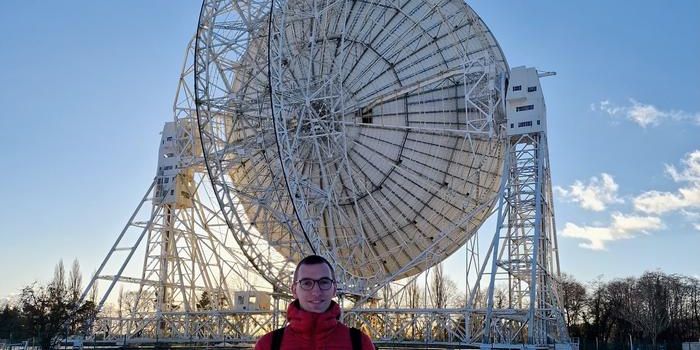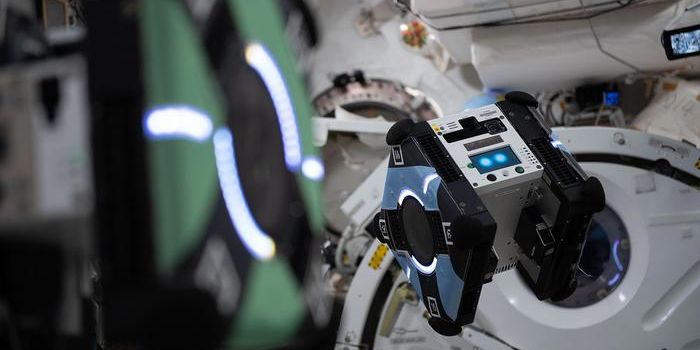Why is Net Neutrality a Big Deal?
Net neutrality is a principle that governs the power that internet service providers (ISPs) have over the delivery of online content. Supporters of net neutrality think that this power should be limited in order to ensure the fair and equitable delivery of content by and to all. Critics of net neutrality, such as the ISPs Comcast, Verizon and AT&T, feel it is a case of government overreach and micromanagement that stifles the entire internet content-delivery industry.
Net neutrality rules prevent ISPs from blocking or slowing down content from specific sites – for example, an ISP could not block or slow the delivery of content from one of its competitors. Within net neutrality, ISPs could also not create slow and fast lanes on the internet by allowing companies to pay for their content to be delivered more quickly. This means that even small startups or individuals with limited funds can use the internet as a business tool in competition with wealthier corporations. Some supporters of rolling back these regulations think charging big bandwidth-users like YouTube will improve the overall speed and usefulness of the internet.
The Federal Communications Commission (FCC) first acted to protect net neutrality in 2005 with an official policy statement declaring that any internet user was entitled to choose their service providers and content. Over the next 10 years the principles were debated in several court cases with ISPs. In 2015, the FCC passed net neutrality regulations treating the internet as an essential public utility; providers of public utilities are prohibited from discriminatory practices.
In 2017, FCC Chairman Ajit Pai has worked to repeal net neutrality rules. In February, the FCC received a record 3.7 million comments in support of net neutrality. In May, it voted to repeal the 2015 guidelines, a move protested by many internet companies, including Google, Facebook, Reddit, Amazon, Airbnb and Spotify, and human rights groups such as the American Civil Liberties Union. In Nov. 2017, the FCC released its plans to proceed to undo a majority of the established regulations.
Under the new guidelines, companies will be allowed to slow or speed up content and will have to disclose these practices publicly. States will be banned from creating their own net neutrality laws.
Ajit Pai says under this plan, the government will “simply require internet service providers to be transparent about their practices so that consumers can buy the service plan that’s best for them and entrepreneurs and other small businesses can have the technical information they need to innovate."
Commissioner Jessica Rosenworcel, one of the GOP-majority FCC's two Democratic members, says the FCC “wants to wipe out court-tested rules and a decade’s work in order to favor cable and telephone companies," characterizing the move as “ridiculous and offensive.”
Under Pai’s plan, ISPs will no longer be public utilities or “common carriers” and so will be free to vary the services they provide as they see fit. They will also now be vulnerable to antitrust regulations, which prevent monopolies and penalize “uncompetitive” behavior.
In Feb. 2017, Pai also ended an investigation into “zero-rating,” a practice that allows ISPs to favor certain apps. The companies do this by not adding the data usage of certain apps on their customers’ data limits and bills. Critics say this move qualifies as “preferential treatment,” while PAI says it “enhances competition.”
On Nov. 27, 2017, “Cyber Monday,” Twitter, Tumblr, Reddit and hundreds of other companies and organizations called on Pai to protect net neutrality in a public letter, stating, “Our current net neutrality rules support innovation and give all businesses the opportunity to compete equally for consumers.” The next FCC vote is scheduled for Dec. 12.










